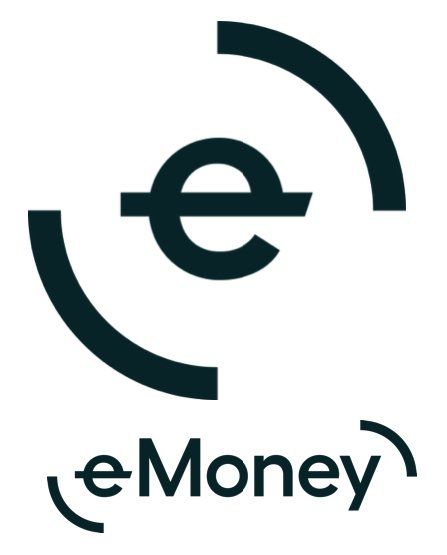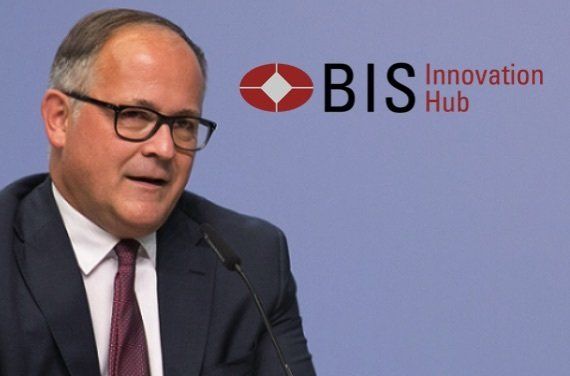BIS Urges Central Banks to Urgently Develop CBDCs
BIS urges Central Banks to Urgently Develop CBDCs as Stablecoins, DeFi and Cryptoassets Challenge Traditional Banks
Sponsored Post

"the time has passed for central banks to get going. We should roll up our sleeves and accelerate our work on the nitty-gritty of CBDC design."
“Today, the financial system is shifting under our feet,”....“Big techs are expanding their footprint in retail payments. Stablecoins are knocking on the door, seeking regulatory approval."
Uniquely, e-Money's currency-backed stablecoins each utilize a dynamic peg that tracks the underlying interest rate, meaning that stablecoin holders benefit from accrued interest on their assets even when just sitting in a user's wallet. In addition, e-Money's services operate in full compliance with AML/CTF legislation, and the platform is transparent, undergoing a quarterly audit by Ernst & Young.
Cœuré said that while CBDCs will take years to be rolled out, stablecoins and cryptoassets are already here,
"This makes it even more urgent to start.”…."Banks are worried about the implications of CBDCs for customer deposits. Central banks are mindful of these concerns and are working on answers. They see banks as part of future CBDC systems,"
Cœuré said,
"But make no mistake: global stablecoins, DeFi platforms and big tech firms will challenge banks' models regardless,"
China is already trialling a digital version of the yuan, while the Bahamas have issued the "sand dollar" and Nigeria this week said it would pilot its "e-naira" next month. Major central banks such as the Federal Reserve, the Bank of England and the European Central Bank are still very much at the exploratory stage.
The BIS innovation hub and the central banks of Australia, Malaysia, Singapore and South Africa announced they are working on "Project Dunbar", which will run trials of cross-border payments in CBDCs.
Cœuré says that work on CBDCs should keep in mind three things: why consumers would want one and what they would want it to do; how it would meet public policy objectives; and what technology choices to make.
He said,
"A CBDC's goal is ultimately to preserve the best elements of our current systems, while still allowing a safe space for tomorrow's innovation. To do so, central banks have to act while the current system is still in place - and to act now,"
The speech is not the first time the BIS has put forward proposals for CBDC development. In July, the BIS innovation hub, the International Monetary Fund (IMF), and the World Bank released a 34-page report outlining designs for a globally interoperable CBDC to rival existing stablecoins such as Tether (USDT) and USD Coin (USDC).
According to the Atlantic Council’s CBDC tracker, 81 central banks are currently exploring their own digital currencies. Among them, five have launched, 14 are being piloted, 16 are under development, and 32 are being researched.
Among the central banks currently studying CBDCs is the European Central Bank (ECB), which recently announced the official launch of a two-year investigation of a digital euro. Once the investigation phase has ended, the bank said they will decide whether or not to start developing a digital euro.
This is in stark contrast to activities in the U.S., where a relatively conservative approach is being taken to the development of a CBDC. There is a non-profit and private effort underway through the Digital Dollar Foundation, primarily funded by Accenture, which has targeted five separate pilot projects for 2021, although we have seen no published results as of yet. The commentary we have been hearing from the Federal Reserve suggest that there is no rush to be first, but to be correct instead. The Boston Fed and MIT have been collaborating on research for a CBDC, called Project Hamilton, but there has been no release of findings to date. In the meantime, it seems the rest of the globe pushes ahead.
Disclaimer:
GlobalStablecoins.com is an informational website that provides news about coins, blockchain companies, blockchain products and blockchain events. Don’t take it as investment advice. Speak to an advisor before you risk investing in an ICO, Cryptocurrencies, Cryptoassets, Security Tokens, Utility Tokens, Exchange Tokens, Global Stablecoins, Stablecoins or eMoney Tokens. GlobalStablecoins.com is not accountable, directly or indirectly, for any damage or loss incurred, alleged or otherwise, in connection to the use or reliance of any content you read on the site.
Affiliate Disclosure / Sponsored Posts:
If a Sponsored Post contains any mention of a crypto project, we encourage our readers to conduct diligence prior to taking further action. GlobalStablecoins.com does not recommend that any cryptocurrency should be bought, sold, or held by you. Do conduct your own due diligence and consult your financial advisor before making any investment decisions.
GlobalStablecoins.com may receive compensation for affiliate links. Should you perform activities in relation to an affiliate link, it is understood that some form of compensation might be made to GlobalStablecoins.com. For example, if you click on an affiliate link, and sign up and trade on an exchange, GlobalStablecoins.com may receive compensation.
Before you invest in Cryptoassets you should be aware of the following,
Cryptoassets are considered very high risk, speculative investments.
If you invest in Cryptoassets you should be prepared to lose all your money.
All Sponsored Posts are paid for by crypto projects, coin foundations, advertising firms, PR firms, or other marketing agencies. GlobalStablecoins.com is not a subsidiary of any marketing agency, nor are we owned by any crypto or blockchain foundation.
The purpose of offering Sponsored Posts to our advertisers is to help fund the day-to-day business operations at GlobalStablecoins.com.
If you come across a Sponsored Post which you believe is fraudulent and/or “scammy,” please contact us and we will perform an immediate investigation.
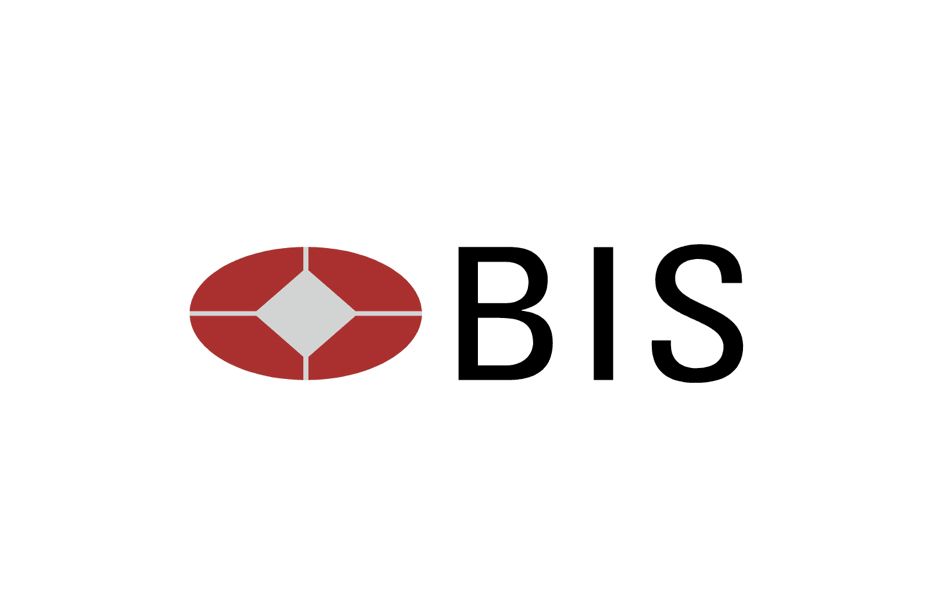
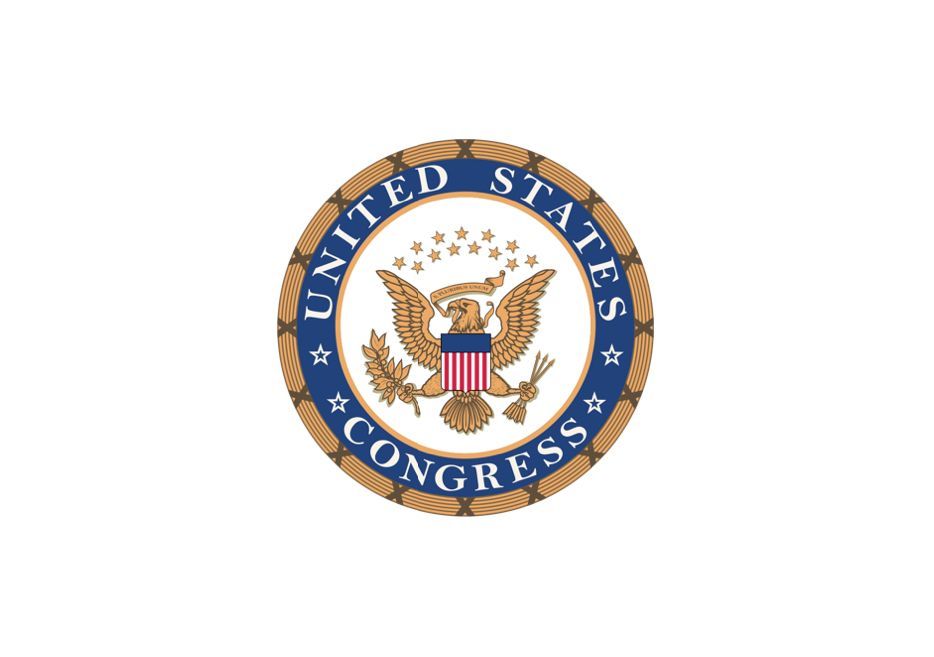

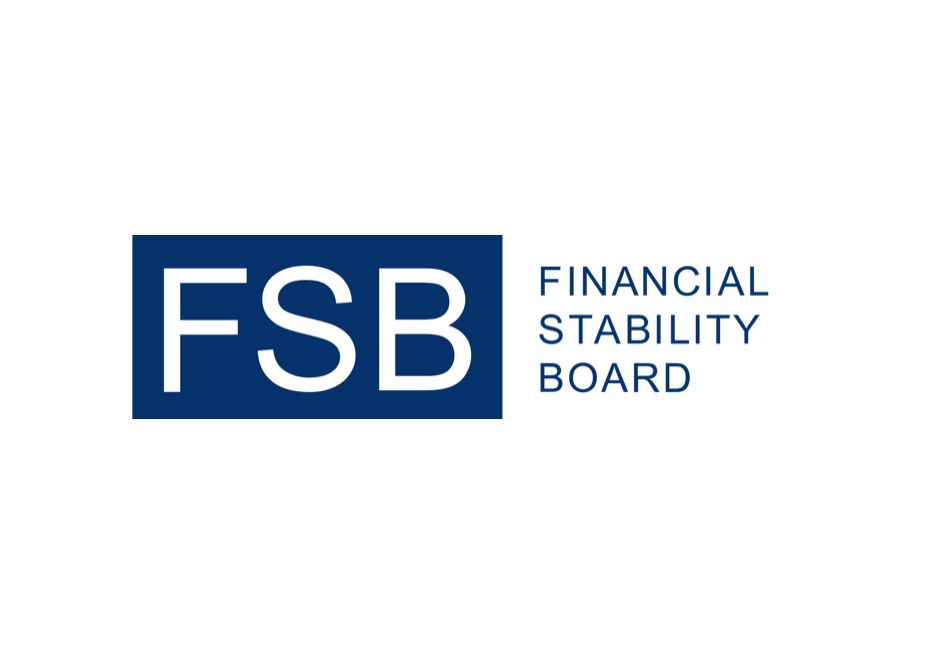
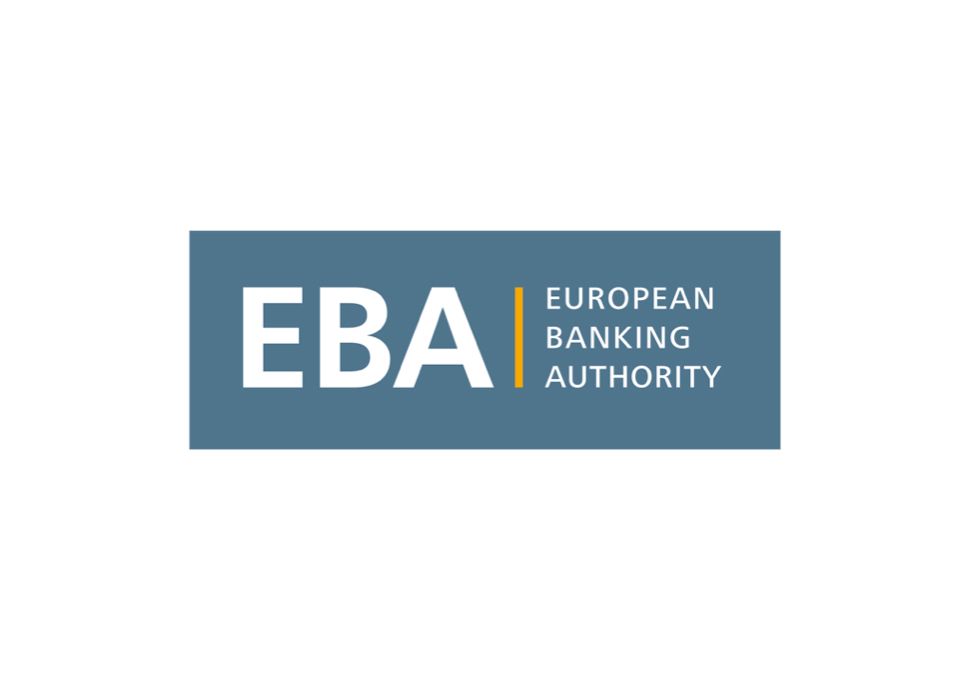

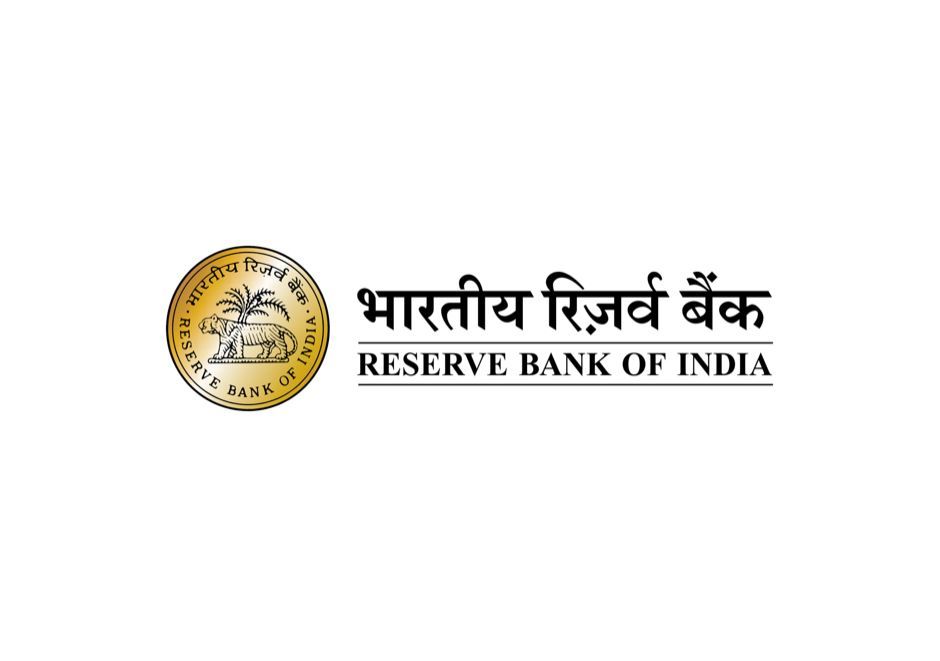
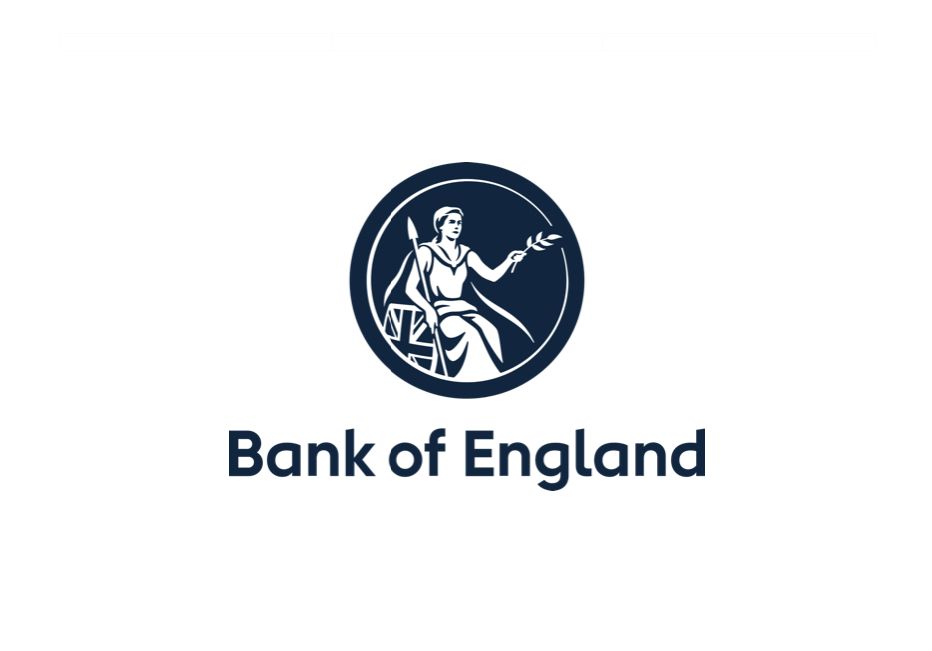

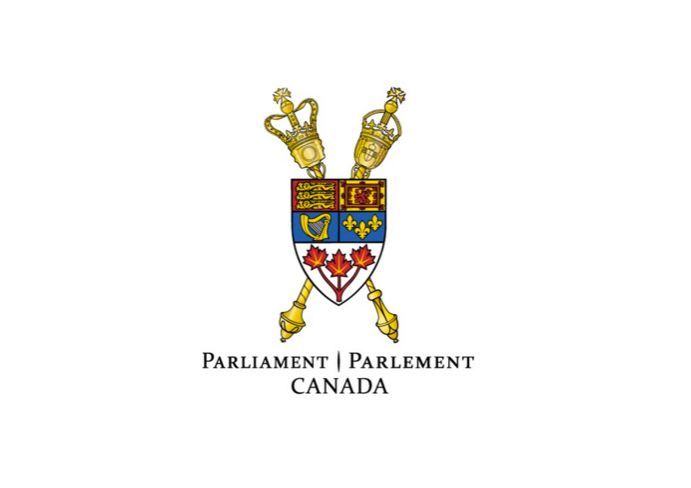
Disclaimer:
GlobalStablecoins.com is an informational website that provides news about coins, blockchain companies, blockchain products and blockchain events. Don’t take it as investment advice. Speak to an advisor before you risk investing in an ICO, Cryptocurrencies, Cryptoassets, Security Tokens, Utility Tokens, Exchange Tokens, Global Stablecoins, Stablecoins or eMoney Tokens. GlobalStablecoins.com is not accountable, directly or indirectly, for any damage or loss incurred, alleged or otherwise, in connection to the use or reliance of any content you read on the site.
Affiliate Disclosure / Sponsored Posts:
If a Sponsored Post contains any mention of a crypto project, we encourage our readers to conduct diligence prior to taking further action. GlobalStablecoins.com does not recommend that any cryptocurrency should be bought, sold, or held by you. Do conduct your own due diligence and consult your financial advisor before making any investment decisions.
GlobalStablecoins.com may receive compensation for affiliate links. Should you perform activities in relation to an affiliate link, it is understood that some form of compensation might be made to GlobalStablecoins.com. For example, if you click on an affiliate link, and sign up and trade on an exchange, GlobalStablecoins.com may receive compensation.
Before you invest in Cryptoassets you should be aware of the following,
Cryptoassets are considered very high risk, speculative investments.
If you invest in Cryptoassets you should be prepared to lose all your money.
All Sponsored Posts are paid for by crypto projects, coin foundations, advertising firms, PR firms, or other marketing agencies. GlobalStablecoins.com is not a subsidiary of any marketing agency, nor are we owned by any crypto or blockchain foundation.
The purpose of offering Sponsored Posts to our advertisers is to help fund the day-to-day business operations at GlobalStablecoins.com.
If you come across a Sponsored Post which you believe is fraudulent and/or “scammy,” please contact us and we will perform an immediate investigation.
All Rights Reserved | GlobalStablecoins.com

